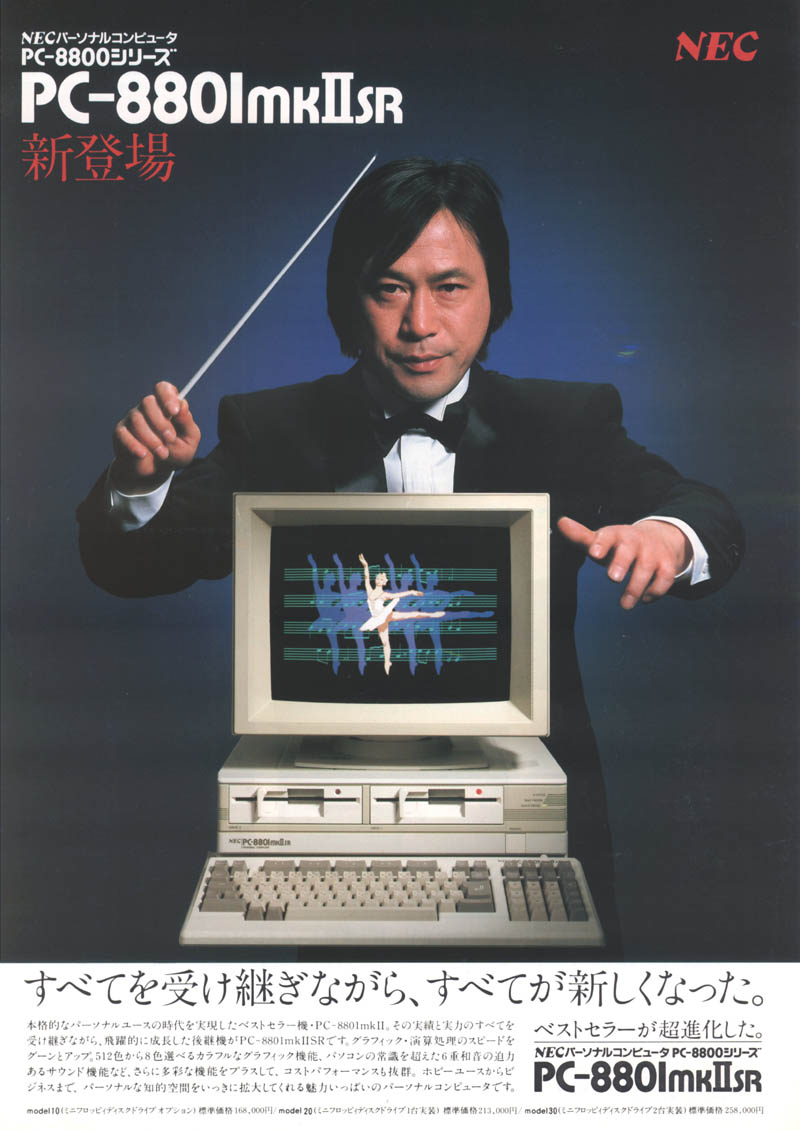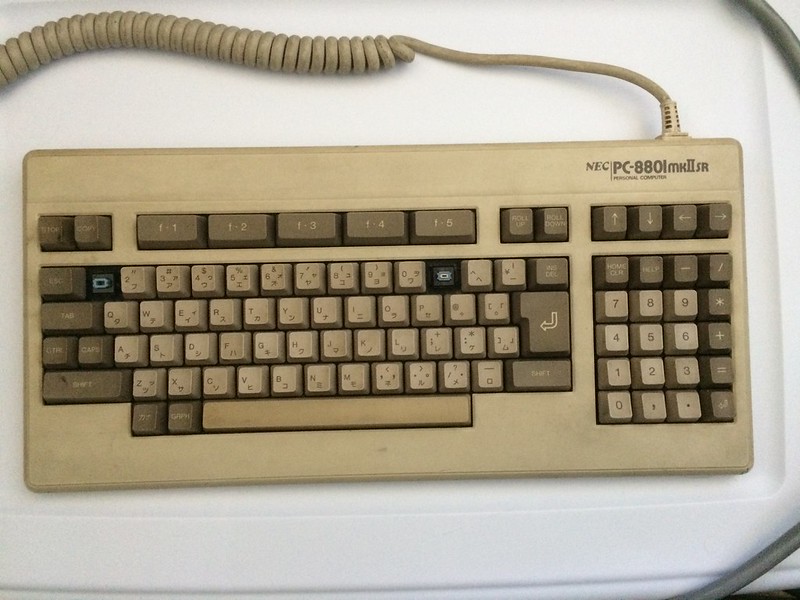Here is the code for the converter. I'm using the arduino keyboard library so if you'd like to switch around the keymap, you can use
to find all the keycodes. To compile the sketch in the arduino IDE, make sure you've set the USB type to keyboard by going to: Tools > Usb Type > Keyboard + Mouse + Joystick.
Code: Select all
/* Copyright (C) 2018 David M. Bednarski
*
* This program is free software: you can redistribute it and/or modify
* it under the terms of the GNU General Public License as published by
* the Free Software Foundation, either version 3 of the License, or
* (at your option) any later version.
* This program is distributed in the hope that it will be useful,
* but WITHOUT ANY WARRANTY; without even the implied warranty of
* MERCHANTABILITY or FITNESS FOR A PARTICULAR PURPOSE. See the
* GNU General Public License for more details.
* You should have received a copy of the GNU General Public License
* along with this program. If not, see <http://www.gnu.org/licenses/>.
*/
ypconst int keyCount = 92;
const long keyMap[12][8] = {
{ KEYPAD_0, KEYPAD_1, KEYPAD_2, KEYPAD_3, KEYPAD_4, KEYPAD_5, KEYPAD_6, KEYPAD_7 },
{ KEYPAD_8, KEYPAD_9, KEYPAD_ASTERIX, KEYPAD_PLUS, KEYPAD_ENTER, KEY_COMMA, KEYPAD_PERIOD, KEYPAD_ENTER },
{ KEY_LEFT_BRACE, KEY_A, KEY_B, KEY_C, KEY_D, KEY_E, KEY_F, KEY_G },
{ KEY_H, KEY_I, KEY_J, KEY_K, KEY_L, KEY_M, KEY_N, KEY_O },
{ KEY_P, KEY_Q, KEY_R, KEY_S, KEY_T, KEY_U, KEY_V, KEY_W },
{ KEY_X, KEY_Y, KEY_Z, KEY_TILDE, KEY_SLASH, KEY_SLASH, KEY_EQUAL, KEY_MINUS },
{ KEY_0, KEY_1, KEY_2, KEY_3, KEY_4, KEY_5, KEY_6, KEY_7 },
{ KEY_8, KEY_9, KEY_QUOTE, KEY_SEMICOLON, KEY_COMMA, KEY_PERIOD, KEY_SLASH, KEY_BACKSLASH },
{ KEY_DELETE, KEY_UP, KEY_RIGHT, KEY_BACKSPACE, MODIFIERKEY_ALT, MODIFIERKEY_CTRL, MODIFIERKEY_SHIFT, MODIFIERKEY_CTRL },
{ KEY_ESC, KEY_F1, KEY_F2, KEY_F3, KEY_F4, KEY_F5, KEY_SPACE, KEY_ESC },
{ KEY_TAB, KEY_DOWN, KEY_LEFT, KEY_INSERT, KEY_ESC, KEYPAD_MINUS, KEYPAD_SLASH, KEY_CAPS_LOCK },
{ KEY_PAGE_UP, KEY_PAGE_DOWN, 0, 0, 0, 0, 0, 0 }
};
long keysHeld[keyCount];
long keysPressed[keyCount];
void setup() {
// put your setup code here, to run once:
// Signal pins
pinMode(0, INPUT_PULLUP);
pinMode(1, INPUT_PULLUP);
pinMode(2, INPUT_PULLUP);
pinMode(3, INPUT_PULLUP);
// Input pins
pinMode(4, INPUT_PULLUP);
pinMode(5, INPUT_PULLUP);
pinMode(6, INPUT_PULLUP);
pinMode(7, INPUT_PULLUP);
pinMode(8, INPUT_PULLUP);
pinMode(9, INPUT_PULLUP);
pinMode(10, INPUT_PULLUP);
pinMode(11, INPUT_PULLUP);
Serial.begin(115200);
Serial.println("hidave");
}
void addHeldKey(long key) {
for(int i = 0; i < keyCount; i++) {
if(keysHeld[i] == 0) {
keysHeld[i] = key;
Keyboard.release(key);
break;
}
}
}
void removeHeldKey(long key) {
for(int i = 0; i < keyCount; i++) {
if(keysHeld[i] == key) {
keysHeld[i] = 0;
break;
}
}
}
void readInputPins(int row) {
int col = 0;
// For each column pin
for(int i = 4; i < 12; i++) {
// If the key is pressed
if(digitalRead(i) == LOW) {
long key = keyMap[row][col];
// Place it in an empty slot
for(int j = 0; j < keyCount; j++) {
if(keysPressed[j] == 0) {
keysPressed[j] = key;
break;
}
}
}
col++;
}
}
void queryRow(int row) {
// Pin 0
if(row == 0 or
row == 1 or
row == 2 or
row == 3 or
row == 4 or
row == 5 or
row == 6 or
row == 7) {
pinMode(0, OUTPUT);
digitalWrite(0, LOW);
}
// Pin 1
if(row == 0 or
row == 1 or
row == 2 or
row == 3 or
row == 8 or
row == 9 or
row == 10 or
row == 11) {
pinMode(1, OUTPUT);
digitalWrite(1, LOW);
}
// Pin 2
if(row == 0 or
row == 1 or
row == 4 or
row == 5 or
row == 8 or
row == 9) {
pinMode(2, OUTPUT);
digitalWrite(2, LOW);
}
// Pin 3
if(row == 0 or
row == 2 or
row == 4 or
row == 6 or
row == 8 or
row == 10) {
pinMode(3, OUTPUT);
digitalWrite(3, LOW);
}
readInputPins(row);
// Revert pin to input
pinMode(0, INPUT_PULLUP);
pinMode(1, INPUT_PULLUP);
pinMode(2, INPUT_PULLUP);
pinMode(3, INPUT_PULLUP);
}
void updateKeysPressed() {
for(int i = 0; i < 12; i++) {
queryRow(i);
}
}
void clearKeysPressed() {
for(int i = 0; i < keyCount; i++) {
keysPressed[i] = 0;
}
}
void updateKeysHeld() {
long key;
for(int i = 0; i < keyCount; i++) {
key = keysPressed[i];
if(key != 0) {
if(checkForHeldKey(key) == false) {
Serial.println(key);
addHeldKey(key);
Keyboard.press(key);
}
}
}
for(int i = 0; i < keyCount; i++) {
key = keysHeld[i];
if(key != 0) {
if(checkForReleasedKey(key) == true) {
removeHeldKey(key);
Keyboard.release(key);
}
}
}
}
bool checkForHeldKey(long key) {
bool result = false;
for(int i = 0; i < keyCount; i++) {
if(keysHeld[i] == key and key != 0) {
result = true;
break;
}
}
return result;
}
bool checkForReleasedKey(long key) {
bool result = true;
for(int i = 0; i < keyCount; i++) {
if(keysPressed[i] == key and key != 0) {
result = false;
break;
}
}
return result;
}
void loop() {
// Clear out the old keys
clearKeysPressed();
// Load up the currently pressed keys
updateKeysPressed();
updateKeysHeld();
}






